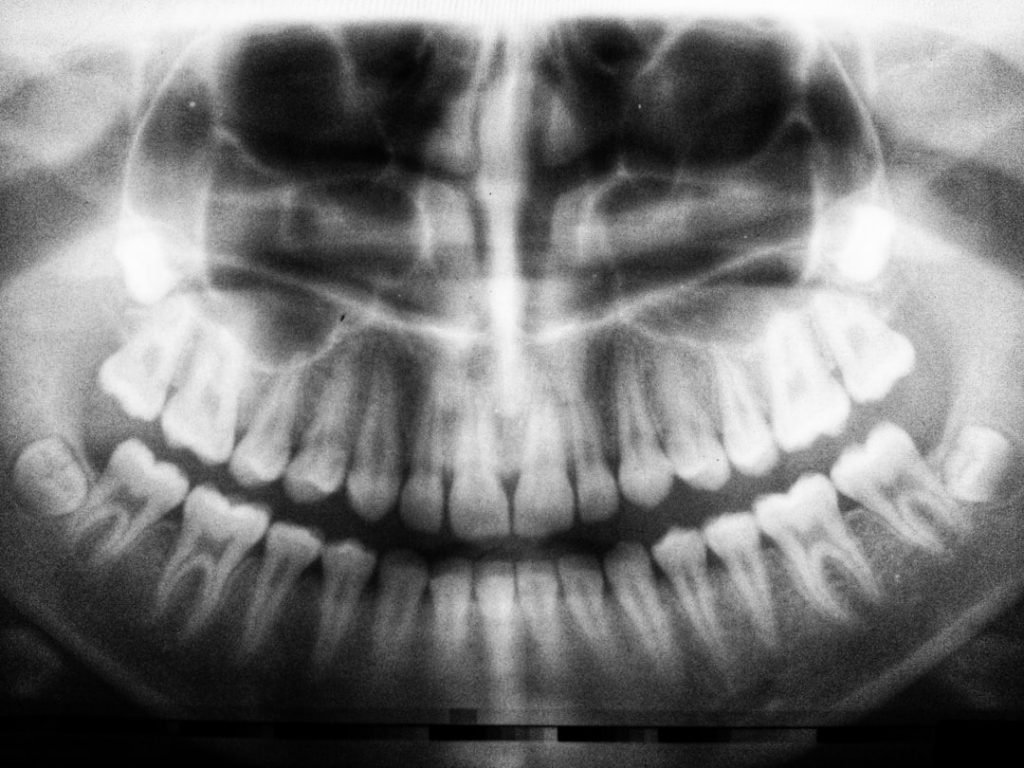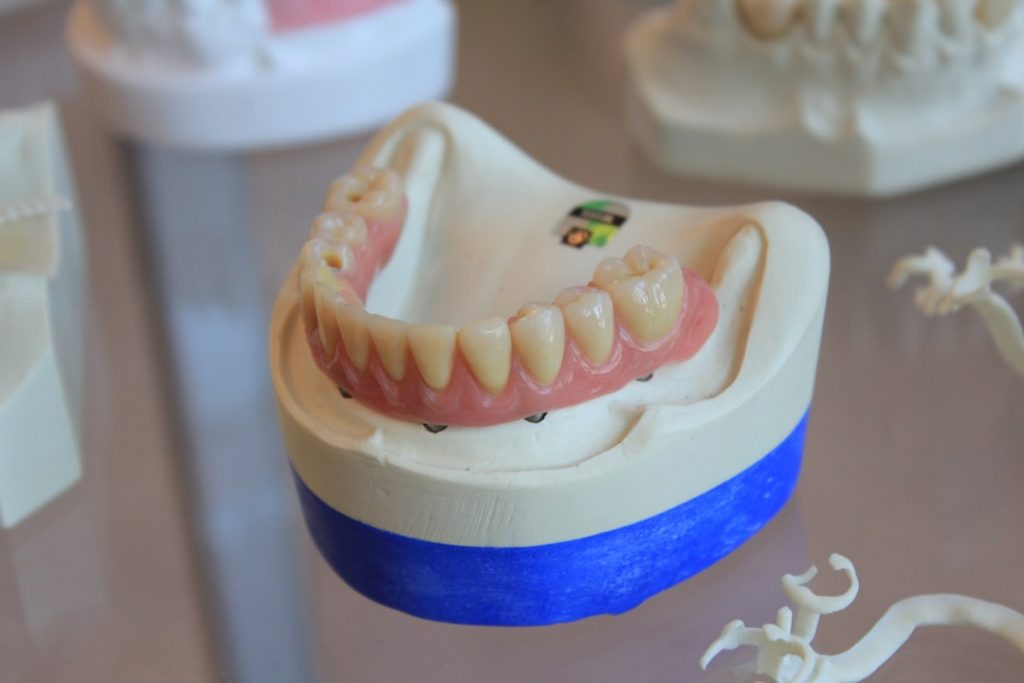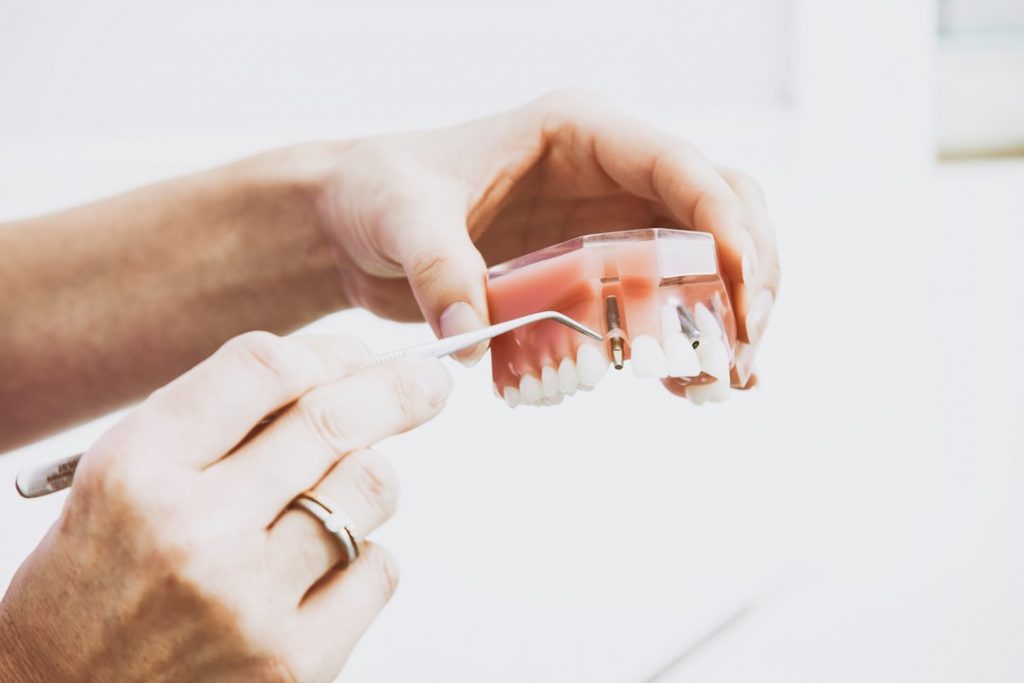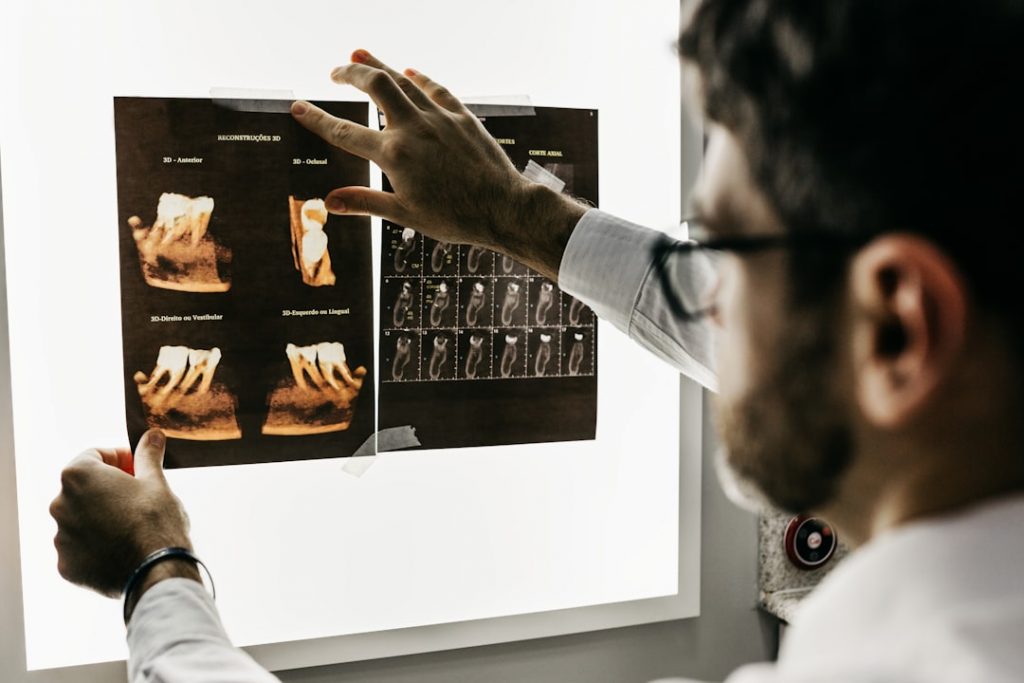6 Drawbacks of Dental Implants
Before we dive into the drawbacks, let’s first review what dental implants are and how they work.
- Dental implants are artificial tooth roots made of titanium
- They are surgically placed into the jawbone
- Serve as a strong foundation for replacement teeth like crowns, bridges, or dentures
- Dental implants look and work like real teeth
- Improve the appearance of your smile
Dentists usually suggest dental implants for people who are missing teeth because of damage, decay, or illness. They offer a long-term solution for tooth replacement, with a success rate of over 95%.
Dental implants can keep your jawbone healthy by fusing with it. This stops bone loss that happens when you lose teeth. This makes them a preferred choice for those looking to maintain their facial structure and oral health.
Disadvantage #1: High Cost

One of the most significant drawbacks of dental implants is their high cost. On average, a single dental implant can cost anywhere from $1,000 to $3,000, depending on the complexity of the procedure and the materials used.
This does not cover the cost of other treatments like bone grafts or tooth removal, which might be needed. If you need special crowns or prosthetics, the cost of dental implants can go up even more. This makes them one of the priciest options for replacing missing teeth.
For individuals who require multiple dental implants, the cost can quickly add up and become a financial burden. Dental insurance might help with some of the cost, but often patients have to pay a lot of money themselves.
Additionally, it’s important to think about how much it will cost to keep up with regular maintenance for dental implants, as well as any repairs that may be needed in the future.
It’s important to discuss all possible expenses with your dentist so you can plan your budget accordingly.
Drawback #2: Time-Consuming Process

Another disadvantage of dental implants is the lengthy process. Dental implants take longer than dentures or bridges. You need to go to multiple appointments over a few months.
The process starts with surgery. Then, there is a healing period of three to six months. After that, the replacement tooth can be attached. During this time, patients may need to wear a temporary denture or bridge, which can be inconvenient and uncomfortable.
Some people might not want dental implants if they need a fast way to replace missing teeth. The extended timeline may also be challenging for individuals who have busy schedules or limited time off from work. Also, going to the dentist many times for check-ups, changes, and putting in the prosthetic teeth can take a lot of time. You might need to take more time off work and other activities.
Downside #3: Risk of Infection

As with any surgical procedure, there is always a risk of infection with dental implants. Although the risk is relatively low, around 1-2%, it is still a potential disadvantage to consider.
Infection can occur during or after the implant surgery, leading to complications and potentially causing the implant to fail. If you get an infection, you might need medicine or another surgery. This can make treatment take longer and cost more.
To prevent infection, it is crucial to choose a qualified and experienced dentist for your dental implant procedure. They will follow proper sterilization protocols and provide you with post-operative instructions to minimize the risk of infection. Keeping your mouth clean and visiting your dentist often will help prevent infections and make your dental implants last longer.
Disadvantage #4: Potential for Nerve Damage

During the dental implant procedure, the implant is placed near the nerves in the jawbone. In rare cases, the implant may damage these nerves, leading to numbness or tingling in the lips, gums, chin, or tongue.
In some cases, the damage may be permanent, resulting in a loss of sensation in the affected area. This can affect the quality of life and may require additional treatment to manage the symptoms.
People who need lower jaw implants have a higher chance of nerve damage because the nerves are near the implant area. To minimize this risk, your dentist will conduct a thorough examination and take x-rays before the procedure to determine the best placement for your implant.
Advanced technology like CBCT scans can show where nerves are in the jaw. This helps make sure implants are put in safely.
Disadvantage #5: Potential for Implant Failure

Although the success rate of dental implants is high, there is still a risk of implant failure. Implant failure can occur due to various factors, such as infection, bone loss, or implant rejection.
If an implant fails, it may need to be removed, and the process will need to be repeated. This can be bad and expensive for the patient. They will need more time to heal before getting a new implant.
Smoking, bad teeth care, and other health issues can make a dental implant more likely to fail. It is essential to follow your dentist’s post-operative instructions carefully to minimize this risk. Regular dental visits are important to check and clean implants. This helps to keep them healthy and catch any problems early.
Disadvantage #6: Not Suitable for Everyone

Not everyone is a suitable candidate for dental implants. People with certain health issues like uncontrolled diabetes or autoimmune diseases might not be able to have the procedure because it could cause problems.
Additionally, individuals with insufficient jawbone density may require a bone graft before the implant surgery, which can add to the overall cost and lengthen the process.
Your dentist will conduct a thorough evaluation of your oral health and medical history to determine if dental implants are a suitable option for you. Factors such as age, lifestyle, and the condition of remaining teeth and gums will also be considered.
If you are not a suitable candidate for dental implants, your dentist can discuss alternative tooth replacement options that may be more appropriate for your situation.
Conclusion
While dental implants offer a long-term solution for tooth replacement, they also come with potential drawbacks and risks. Consider cost, time, and risks before choosing dental implants to see if they are the best option for you. Talk to your dentist to find the best tooth replacement for you. Make sure you understand the pros and cons of dental implants.